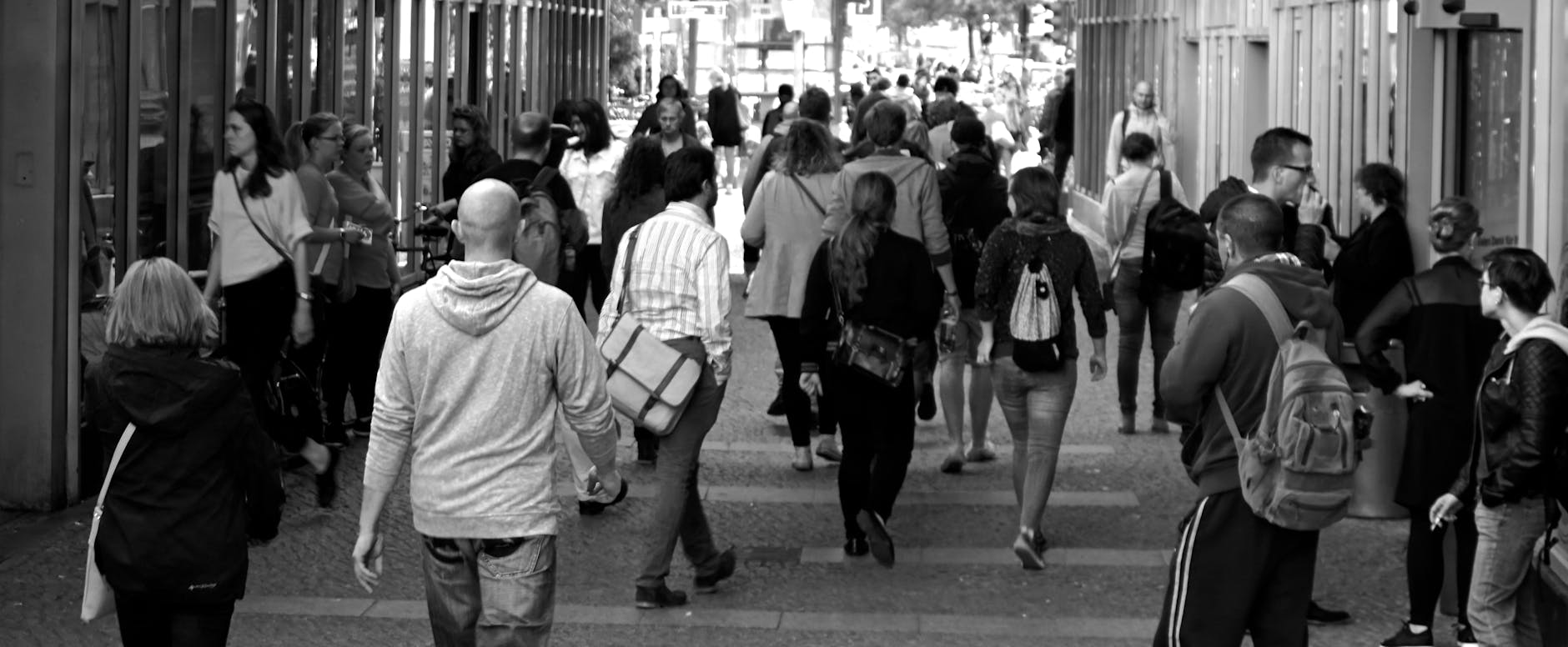How to Justify Economic Aspect Of Town Planning
Town planning are often studied from many various angles, like legal, historical, sociological, architectural, economic, etc. Each category will study the topic from certain points of view and therefore the conclusions reached by each study will definitely have an impression on the regions. Of other categories. Thus it's impossible to review city planning from a solitary angle.
Therefore, if town planning isn't to be frustrated, it should be studied from an economic angle, among other factors. within the economic sense, town planning is desirable if its adoption results in better utilization of community resources than would rather be achieved. the town plan is primarily concerned with the utilization of obtainable land. Therefore, for any size, the simplest planned city is that the one where the entire land value is that the maximum. Thus, economically, the simplest city plan would produce the very best total land values.
Adopting the criterion of land values, the subsequent factors should be considered in assessing the value of city planning:
(1) Changes within the number of resources:
There should be no change within the number of resources. If there's a change within the number of resources, there's an opportunity for land values to fall.
(2) Demand for goods and services:
The demand for goods and services shouldn't change. If the demand for goods and services falls, then naturally the demand for resources also will decrease and this will cause a decrease in the prices of land.
(3) Production Technology:
The technique of production should be more or less an equivalent. Otherwise, resources are going to be used more efficiently and this will have an adverse effect on ashore values.
(4) Redistribution of Land Values:
If there's a redistribution of land values from the city planning and intrinsically there's no net increase within the land values, then from the economic point of view, city planning isn't justified. Thus, tow planning shouldn't cause a rise in land values in some places and a corresponding decrease in land values in other places.
The economic benefits offered by the urban lifestyle are enormous. But at an equivalent time, it should be remembered that the trail to urban development isn't very smooth and there are many adjustments that prevent the town from making the utmost contribution to the state economies with this process. a number of economic losses could also be mentioned as difficulties with housing, inequality of income among urban dwellers, congestion of facilities, etc. Similarly, the shortcomings of rapid urban development from various other disciplines are often calculated as follows:
- The local government cares about the expansion of the populated area, its administration, etc.
- The medic cares about the effect of dirt, smoke, etc. on the health of the cities.
- Psychologist cares with the consequences of noise and stress resulting in more insanity and more suicides.
- Sociologist cares with the construction of slums, inadequate recreational facilities, increase in crimes, etc.
An urban person might not know all people and is usually making new acquaintances and forgetting old people to urge their personal benefits. Therefore, it's currently become more popular and attempts are made to beat its disadvantages. Until the disadvantages of urbanization are completely overcome, society cannot derive the best possible to enjoy cities.
At this stage, it might be meaningful to know the meaning of the term populated area. the utilization of the term means a limited area, during which an outsized number of individuals are permanently inhabited and that they are separated from other centers by a way larger area of thinly populated land. it's also understood that residents of a populated area are normally, although not fully, engaged in non-agricultural activities or occupations. Thus, urban areas are far more human invent and their primary function is to hold out service activities from a centralized location for the advantage of the encompassing agricultural sector.
A central goal of the Urban and Economic Development Plan is to supply policies and programs to market economic development. Urban planners and economic planners have always struggled to define policies for economic development so on enhance the standard of life within the lives and work of the people of the community. Therefore, examining the factors influencing economic development at the regional level helps decision-makers like Urban planners and economic development planners have developed clever policies to extend greater opportunities for economic development.
The objective of this project is to look at economic development from the purpose of view of urban economic development planners. most questions of this study include:
- what's economic development at the regional level, and what factors affect the event of yank urban areas?
- Is there a connection between transportation investment and economic development?
- What can urban planners and economic development planners learn from the findings of the event literature which will better combine urban planning with economic development planning and policies?
I used the research synthesis / meta-study methodology to review several studies dedicated to economic development. As discussed by neo-classical economists and human capital, labor, capital, and technology are the first production factors. However, contemporary literature reveals secondary factors that stimulate the efficiency and quality of those primary factors. My findings suggest that secondary factors like transportation infrastructure, facilities (schools, housing, weather, and historical, cultural, and recreational centers) and disasters (pollution, road congestion, and crime rates) affect the regional economic development process.
These physical factors of economic development are typically addressed by economic development planners and economists through the quantitative & qualitative analysis of variables that are related to per capita regional GDP (Gross Domestic Product) growth. Urban planners or Town Planners address a qualitative set of secondary factors which are related to social institutions and norms.
Standard factors include equity, diversity, and housing affordability, and procedural factors are governmental policies on public participation, land use, and exploitation. By reviewing the present regional economic plan, I highlight the shortage of a robust connection between economic development planners and concrete planners.
Finally, an economic development guideline is developed which will help decision-makers like urban planners and economic development planners to form better policies to extend economic process and development opportunities.






![[Premium] La–Beauty Blogger Template Free Download](https://blogger.googleusercontent.com/img/a/AVvXsEg67j5OnLmQmcm7l4u7ycrp21wfWWlg4U_CZD2EG8ypX9P68d2x43iWpnqviuuRhYJMH9uMjEaqRVr1dib5w3wrSOsVV27Dj9GPNcWiGGU6vA1Ax1YS5LoI1wkWQp8EhrpdJu74AVoqonCbN4aFqCr-lSxR606aFblH3S-NxUGJ57wvER4Dw9qqwVT7Ag=w74-h74-p-k-no-nu)
